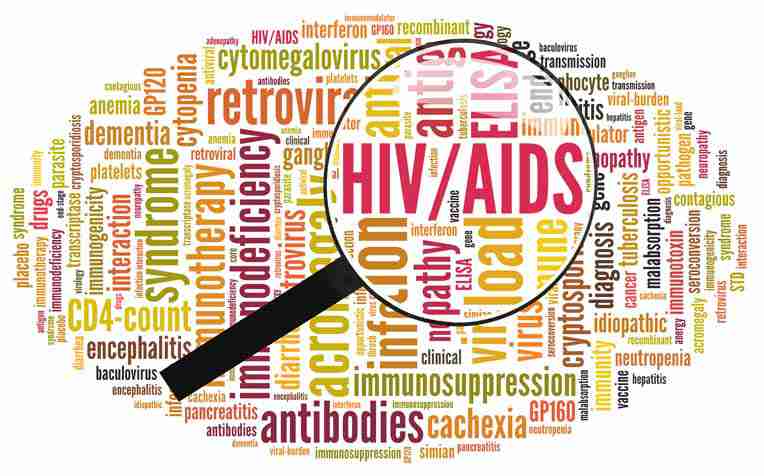HealthXchange will NEVER ask you to transfer money over a call. If in doubt, call the 24/7 ScamShield helpline at 1799, or visit the ScamShield website at www.scamshield.gov.sg.

AIDS is a disease caused by the human immunodeficiency virus (HIV).
AIDS: a fatal disease with no cure
Acquired immune deficiency syndrome (AIDS) is a disease caused by the human immunodeficiency virus (HIV). "It is spread through sexual contact with an HIV-infected person, contaminated needles and blood," say doctors from KK Women's and Children's Hospital, a member of the SingHealth group. A woman with HIV/AIDS can infect her baby during pregnancy, at childbirth or through her breast milk.
Signs & symptoms of HIV/AIDS
Many people, after contracting HIV, may have no symptoms for years, and can take up to 10 years to develop AIDS, the end stage of HIV infection.
Some symptoms of AIDS include:
- Tiredness
- Weight loss
- Prolonged fever
- Night sweats
- Skin rash
- Persistent diarrhoea
- Lowered resistance to infections
Complications of HIV/AIDS
Over time, the virus attacks the body's immune system, causing AIDS sufferers to be susceptible to all kinds of infections, which can be life-threatening. It also increases the severity of some common diseases and conditions as well as the risk of getting some cancers.
Treatment of HIV
There is no cure for HIV/AIDS. It is a fatal disease, and the person with AIDS usually dies between one-and-a- half to three years after developing AIDS, usually from infection or cancer. However, treatment can delay the progression of the disease.
Ref: O17
Contributed by
Related Articles
Conditions & Treatments
Public Events
Get the Health Buddy App
© 2025 SingHealth Group. All Rights Reserved.















 Get it on Google Play
Get it on Google Play